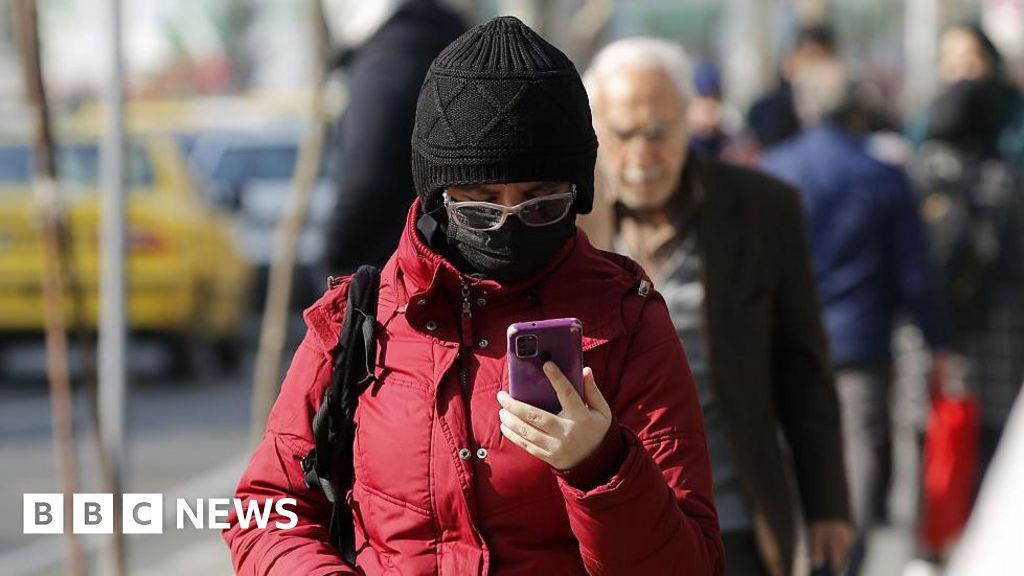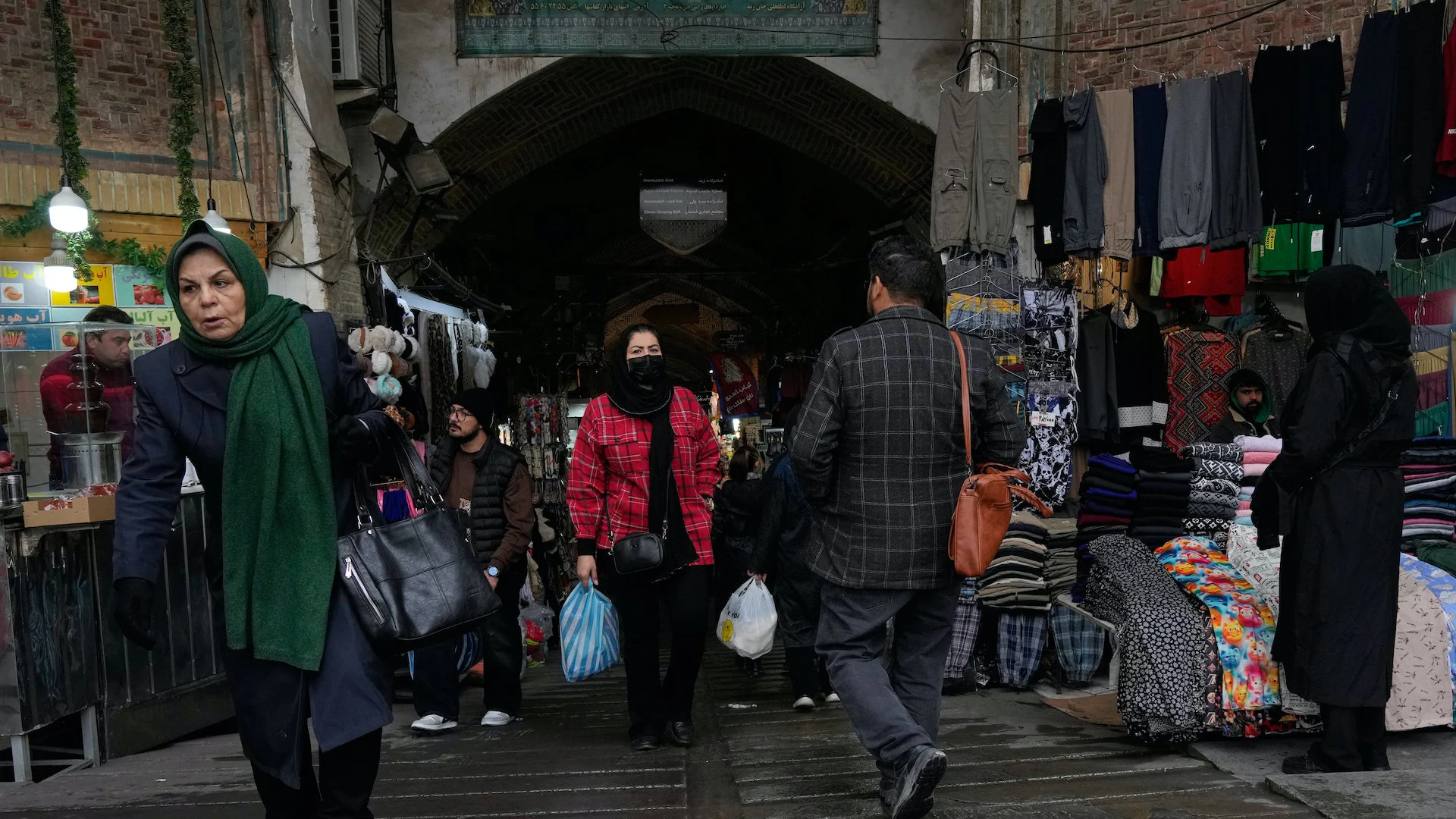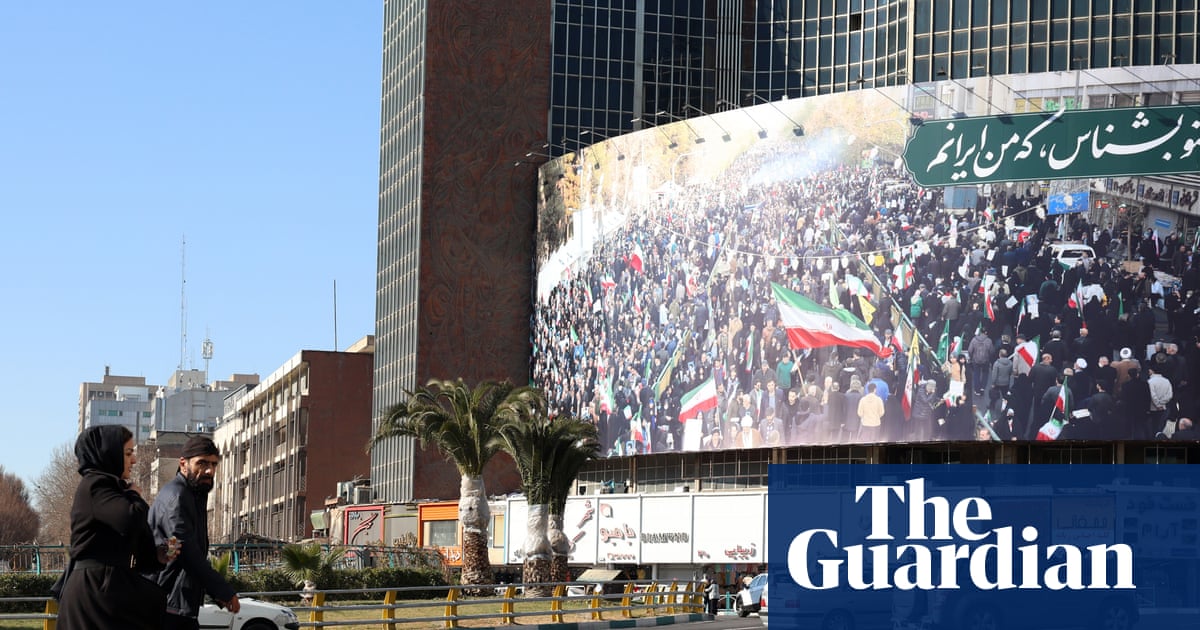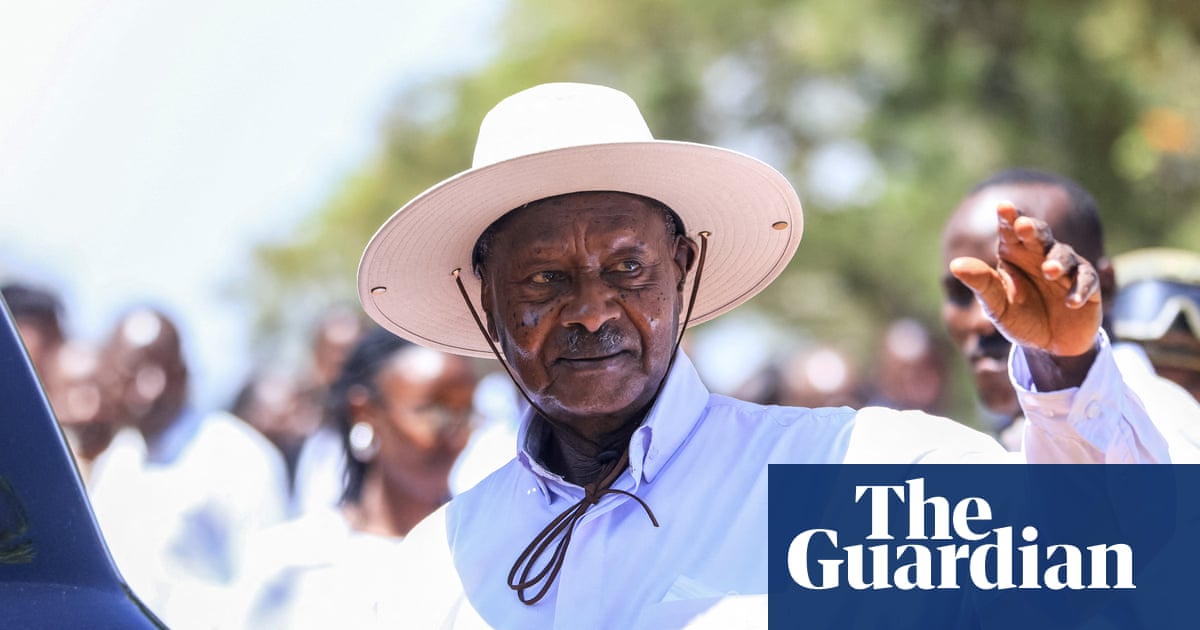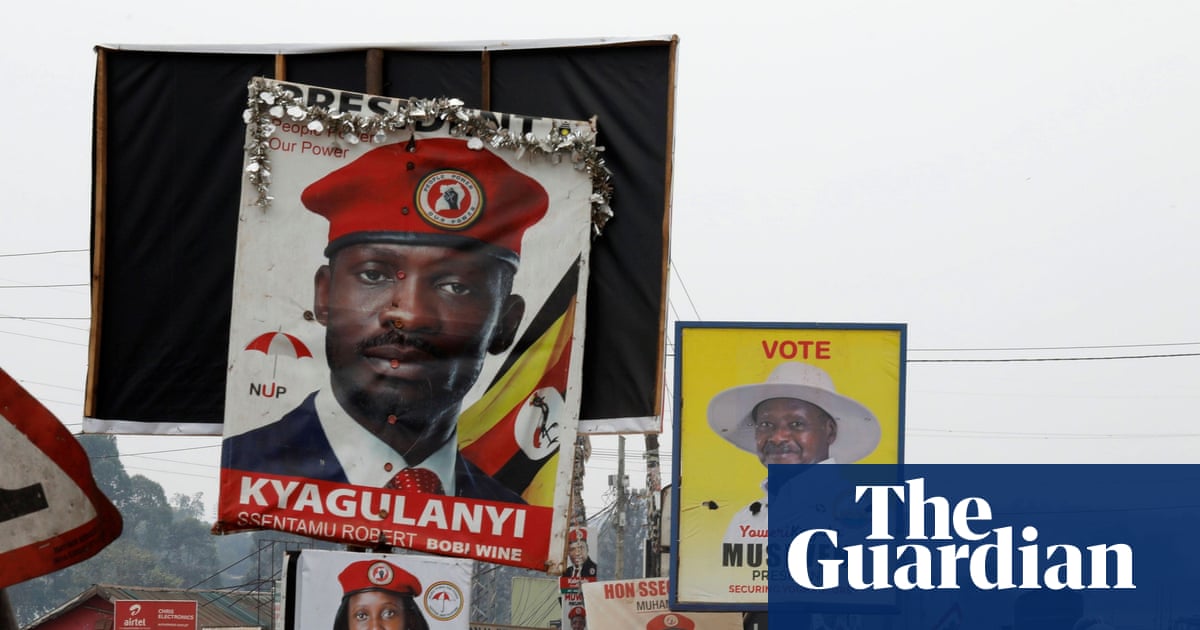#internet-shutdown
#internet-shutdown
[ follow ]
#iran-protests #human-rights #iran #protests #censorship #afghanistan #economic-crisis #yoweri-museveni #taliban
fromwww.dw.com
1 week agoProtests in Iran: Official casualty figures in doubt
There is no planned date for a complete restoration of the connection, Deputy Interior Minister Ali Akbar Pourjamshidian said on state television on Wednesday, He is also secretary of the National Security Council, which has accused "arch enemies" Israel and the United States of numerous "acts of terrorism" committed across the country on the nights of January 8 and 9. This was a continuation of the "imposed war" of June 2025, the council claimed.
World news
Information security
fromDataBreaches.Net
1 week agoHow a hacking campaign targeted high-profile Gmail and WhatsApp users across the Middle East - DataBreaches.Net
A WhatsApp phishing campaign targeted Iran-related activists during the country’s longest nationwide internet shutdown amid widespread protests.
World news
fromwww.mercurynews.com
2 weeks agoUgandan President Yoweri Museveni secures 7th term as opposition rejects results
Yoweri Museveni won Uganda's presidential election with 71.65% amid internet shutdown, biometric failures, and opponent Bobi Wine's fraud allegations and calls for peaceful protests.
fromwww.aljazeera.com
2 weeks agoWe are stuck': Young Ugandans want stability, opportunities on eve of vote
Tension as 81-year-old Yoweri Museveni seeks to extend his four-decade rule in a country where 70 percent of people are under age 35. Kampala, Uganda It's the eve of Uganda's highly contested presidential election, and the country is partially shut down. The national communications authority has suspended public internet access, the sale and registration of new SIM cards, and outbound roaming services.
World news
fromwww.theguardian.com
4 months agoAfghanistan blind without phones and internet' on second day of telecoms blackout
Afghanistan faced a second day without internet and mobile phone service on Tuesday after Taliban authorities cut the fibre-optic network. The government began shutting down high-speed internet connections to some provinces earlier in the month to prevent vice, on the orders of the supreme leader, Hibatullah Akhundzada. On Monday night, mobile phone signal and internet service gradually weakened nationwide until connectivity was less than 1% of the ordinary levels, according to the internet watchdog NetBlocks.
World news
fromwww.dw.com
4 months agoIndia arrests activist Sonam Wangchuk after Ladakh protests DW 09/26/2025
Indian police arrested activist Sonam Wangchuk on Friday following the deadly protests in Ladakh earlier in the week, which left at least four people dead. Mobile internet services have also been suspended in the city of Leh. It comes just a day after authorities enforced a curfew on that district of Ladakh and Kargil, as well as restricting public gatherings to groups of five. New Delhi had blamed Wangchuk for the protests in the Himalayan region, where people were calling for statehood.
World news
fromwww.theguardian.com
4 months agoIt kept our spirits alive': Taliban's internet blackout leaves girls in despair
At 7pm, the scheduled start time, her laptop screen stayed black. The family's wifi, like the wireless internet across her neighbourhood, had gone and with it, her only chance to continue her education. These online classes were my only source of hope, says Marjaneh, speaking from Afghanistan through a crackling phone connection. I thought, when they [Taliban] closed schools at least they wouldn't cut the internet, but now that has been taken away too.
World news
fromwww.dw.com
4 months agoAfghanistan: What's at stake as Taliban cut internet? DW 09/18/2025
There are reports of severe disruption in other parts of the country, including the northern provinces of Kunduz, Badakhshan, Baghlan and Takhar. The Taliban leadership has not provided an official explanation, however a spokesperson for the governor of Balkh stated that the decision was taken to "prevent immorality." But many experts suspect the Islamic fundamentalist group wants to block critical content and preempt potential protests.
World news
[ Load more ]

